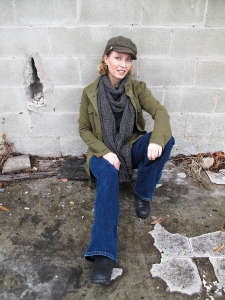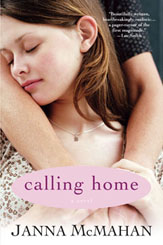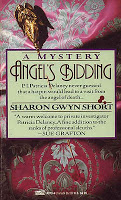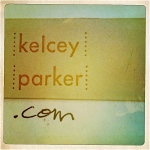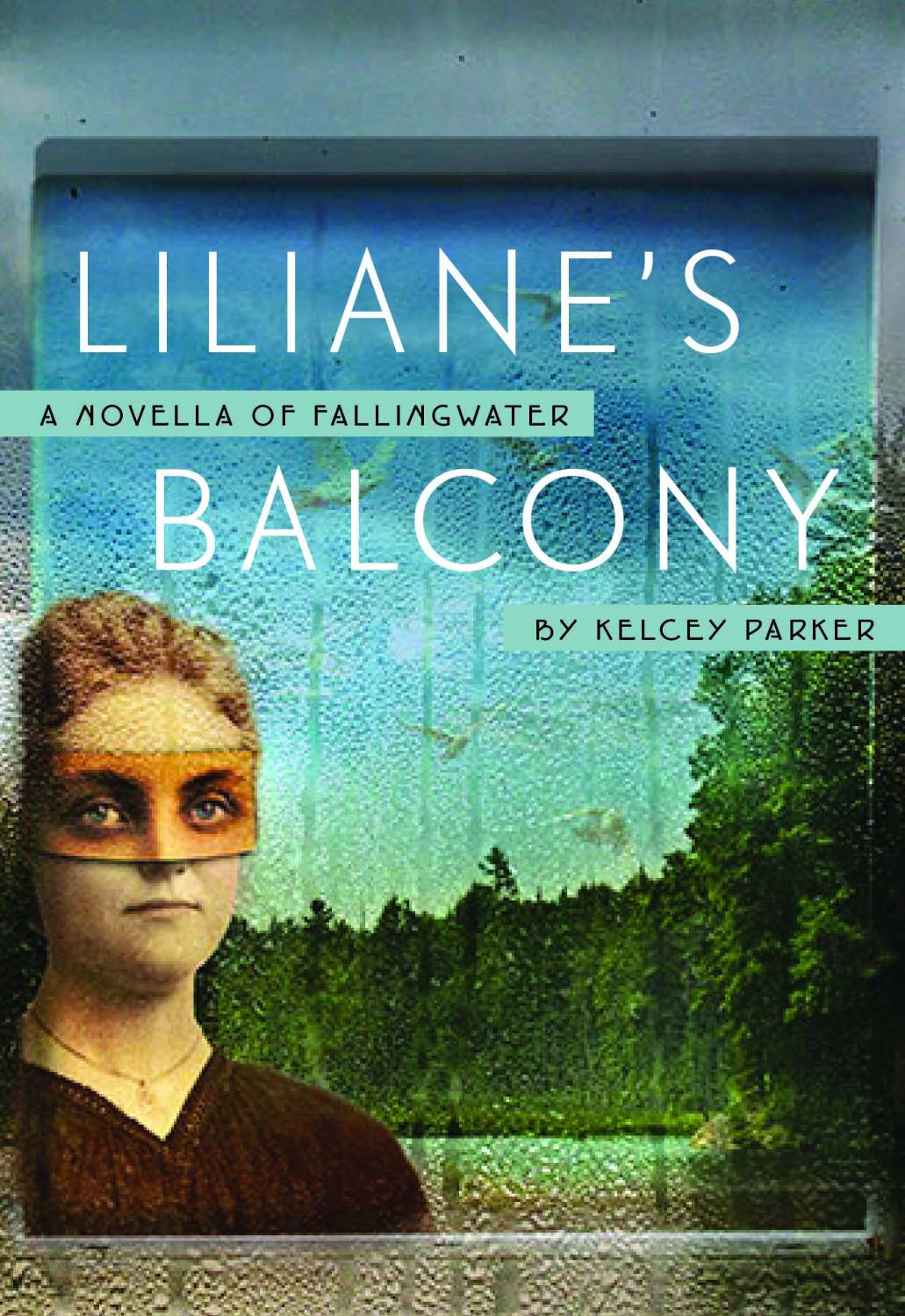Every writer needs to confront the effigies built to his hometown heroes, but doing battle with a statue is a fatal mistake.
 Dear William,
Dear William,
You’re everywhere and nowhere. There’s an elementary school named after you. There’s a bronze statue. A dedicated society perpetuates your name. Your signature, rendered in huge silver letters, adorns the Saroyan Theatre at the Fresno Convention Center; the stage has hosted countless concerts by the Fresno Philharmonic, the Fresno Grand Opera, the Fresno Ballet, and performers from all over the world, in every artistic genre. To the visitors passing through, your legacy in the San Joaquin Valley must seem mighty indeed.
 You divided your last years between Paris and Fresno. I can’t think of two more different cities, at least in how they appear in one’s imagination. A decade ago, when I felt trapped in Fresno, its heat and flatness and provincialism combining to make a prison I longed to escape, I took comfort in the idea you kept returning here from Paris. I searched for what brought you back. I needed it, whatever it was, for myself.
You divided your last years between Paris and Fresno. I can’t think of two more different cities, at least in how they appear in one’s imagination. A decade ago, when I felt trapped in Fresno, its heat and flatness and provincialism combining to make a prison I longed to escape, I took comfort in the idea you kept returning here from Paris. I searched for what brought you back. I needed it, whatever it was, for myself.
Now your former house sits vacant, in a neighborhood turning beige: the faded stucco, the grass, the heavy dust. It’s sad to see. Not as sad, however, as the state of Fresno’s bookshelves. Your books, those odd, funny, beautiful books, which you wrote quickly and with the rarest of literary attributes—with heartbreaking joy—where are they now? How is it possible to see your name everywhere, to grow up knowing your name, but never read the words that made you famous? I fear that if it weren’t for exhumation via the internet (thank you, AbeBooks) I might only know your name. What does that mean for writers? Especially for writers who come from the other California, the San Joaquin Valley?
What would you say, William? In the title page of My Name is Aram, you wrote:
The writer returns these pleasant memories to the world of Fresno, California, from the year 1915 to the year 1925 (from the time he was seven years old and was beginning to inhabit the world as a specific person to the time he was seventeen years old and had forsaken his native valley for some of the rest of the world), and to the members of his immediate family in that world during those years. That is to say, to the ugly little city containing the large comic world, and to the proud and angry Saroyans containing all humanity.
A little, ugly place. A proud, angry people. I think there’s something like a reason in these lines for why you’ve fallen out of print, especially in your hometown. And yet, the memories are pleasant.
I can tell you what I’d like: I’d like you to cast the same long shadow over valley writers as Faulkner casts over writers from the ethically challenged state of Mississippi. I want to arm-wrestle a literary legacy of your quality and quantity, though I would be beaten before for the contest begins. I would like the contest, in losing it, to leave my voice a little bruised, a little twisted, much as the fight with his William left Barry Hannah’s voice crooked and deranged. Every writer needs to confront the effigies built to his hometown heroes, but doing battle with a statue is a fatal mistake. One must find the words that led to the statue being made in the first place. And with you, my William, that’s not been easy.

I suppose by now I’ve let you down. I’ve included none of the things in my letter to you that make your stories so rich. There’s been no food to eat, no trees to shade us from the warm day, no sunny rooms in which to enjoy conversation. I’ve talked, instead, about fighting and cynicism. Violence, when it appears in your stories, is seldom the bleeding knuckle kind, but rather the spiritual kind: a death in a distant war, hitting home in the form of a telegram; the pain of displacement and genocide, rendered in narrators who speak hilariously of uncles, cousins, and friends. Your characters refuse to believe that evil deeds cancel out the beauty of good people. In fact, they work to insure that it never will. It must speak to the privilege and relative peace of my time, compared to yours, that I welcome violence and cynicism in my writing, whereas you guarded strongly against it. I’ve done the unforgivable, I think: I’ve complained.
Let me try to redeem myself. It’s May 2003, and I’m in my classroom at Kerman High School, twenty miles west of Fresno. The door stands open, and that hard valley light manages to coax a shine out of the asbestos tile floors, unwaxed since last July. The students move between periods. I hear snatches of things as they walk past, talking with friends. Here only outcasts must walk to class alone.
The most gifted student I’ve ever taught comes in carrying a purse large enough for a woman three times her age, which, I suspect, in her soul she truly is, and from my desk she picks up a copy of My Name is Aram. It’s the Laurel Edition from Dell Publishing, an economic paperback with illustrations by Don Freeman. She thumbs the pages then presses her nose into the crack, breathes deep.
“I’ve never read him,” she says.
“Borrow it,” I say. “Bring it back when you’ve read him.”
She lays the enormous purse at her feet and begins lifting out binders, textbooks, a spiral bound journal, more things than I’ve ever considered carrying around with me, and rearranging the contents so your book won’t be mangled in a landslide of bigger, meaner books. As she does this, she holds My Name is Aram in her mouth. A few days later, when she brings it back to me, I notice that the soft cover holds the semi-circular imprint of her teeth.
Since that day in my classroom I’ve been struggling to understand something important, which I’ll try to put down here. It’s good to have memories of Fresno, but it’s a hard place to live. Perhaps that’s why you chose the word forsaking to describe leaving “for some of the rest of the world,” because the same things that make the valley hard for us also tie our hearts there. I left the valley ten years ago, but I write about it every day, walking the family vineyards and the streets of Caruthers in my imagination. I also still have that cheap, chewed copy of My Name is Aram to remind me what it feels like to be bookish in a small valley town. Hungry, that is, for something to explain the conflict of loving and hating your home. Your books help me make sense of my place and my impossible feelings for it.
I hope the next daydreaming child of Fresno who reads your name on a sign won’t have to wait so long to find out the writer you really are.
—–
[This is the latest post in the new Letters to Dead Authors series.]

John Carr Walker’s first book, Repairable Men (Sunnyoutside), was a Small Press Distribution Best of the Press pick and a featured title on Late Night Library’s Debut podcast. His writing has been appearing in literary journals since 2007 and in 2014 was nominated for a Pushcart Prize. In 2012 he was awarded a Fishtrap Fellowship for an early draft of his novel-in-progress, “Get.” A native of the San Joaquin Valley and former high school English teacher, he now lives and writes full-time in Saint Helens, Oregon.
William Saroyan (1908-1982) was born and died in Fresno, California, and m








 Read more by and about Jen:
Read more by and about Jen:









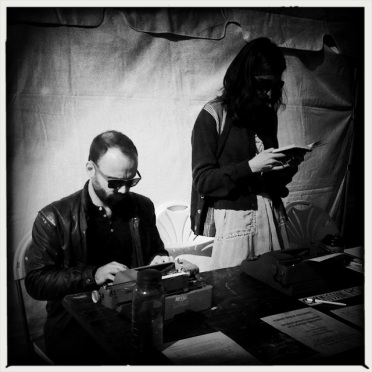
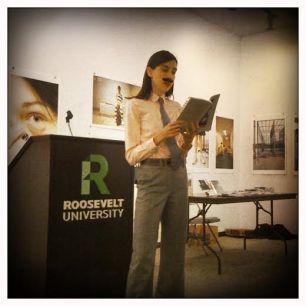
 4. Can you tell me about a writer or artist whose biography inspires you?
4. Can you tell me about a writer or artist whose biography inspires you?